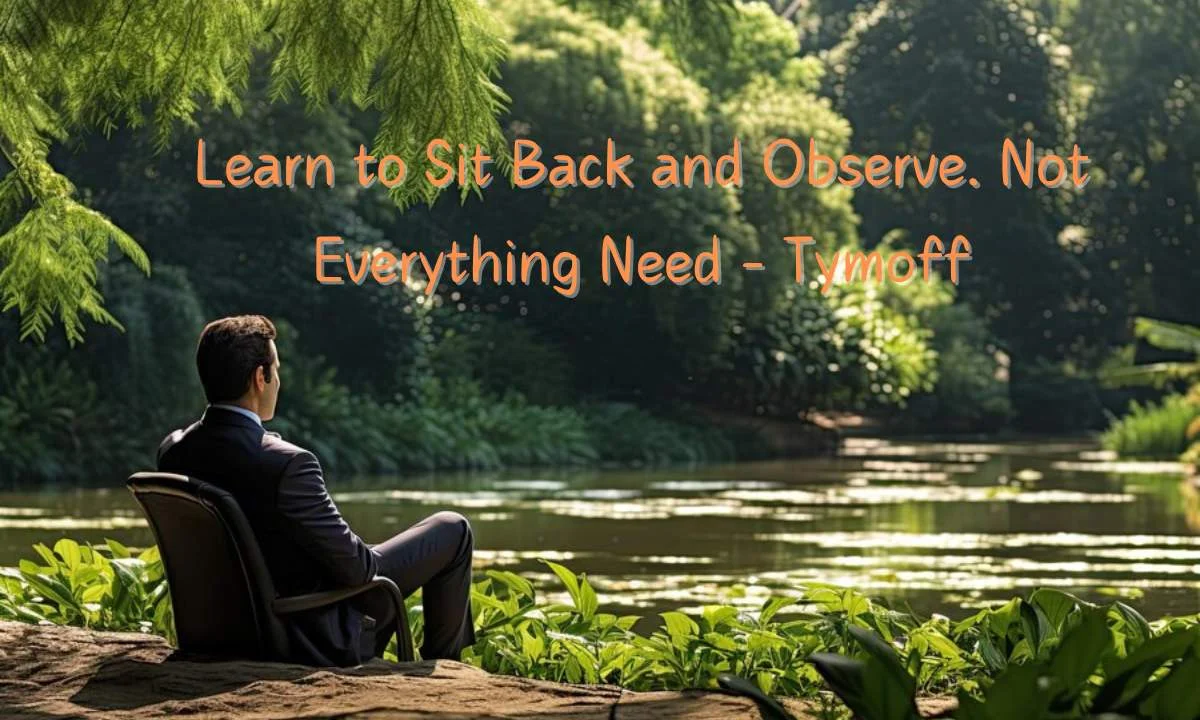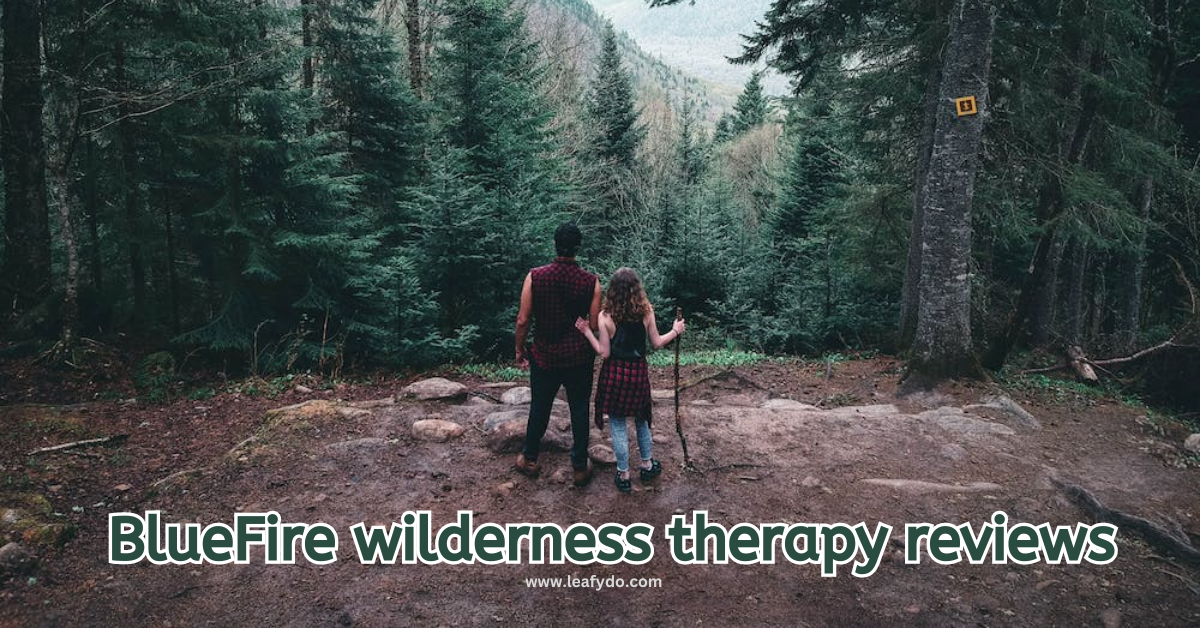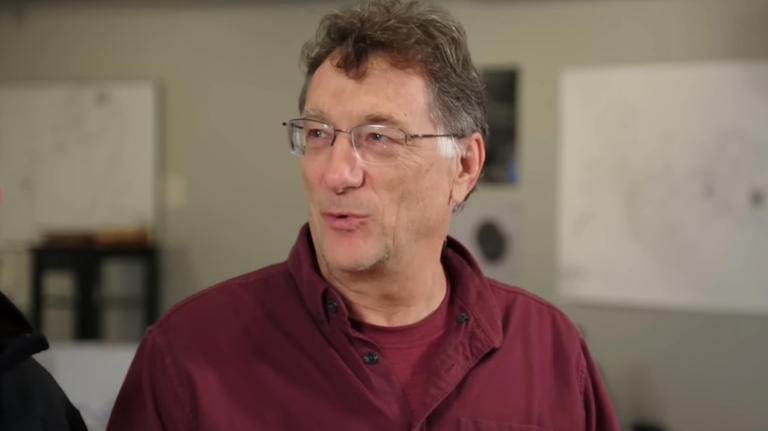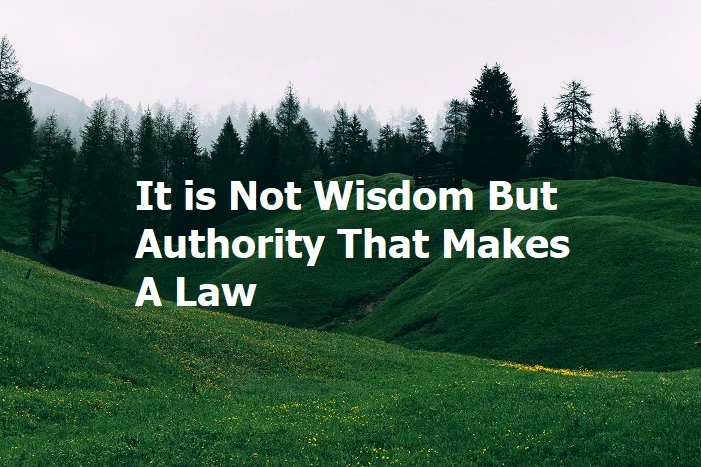learn to sit back and observe. not everything need – tymoff
Have you ever felt the urge to jump into every situation and fix it? It’s a common feeling, especially in our fast-paced world. However, there’s immense value in taking a step back and just observing. This concept, beautifully encapsulated by Tymoff’s phrase learn to sit back and observe. not everything need – tymoff, “Learn to sit back and observe. Not everything needs action,” can bring peace and clarity to our lives. Let’s explore how and why.
The Art of Observation
Observation is an underrated skill. It’s not just about seeing but truly understanding and absorbing what’s happening around you. When we take learn to sit back and observe. not everything need – tymoff the time to observe, we gather information that can lead to better decisions. Think about a time when you rushed into a situation without all the facts. How did it turn out? Now, imagine if you had paused and taken a moment to observe. The outcome might have been quite different.
Why We Feel the Need to Act
We live in a culture that values action. From a young age, we’re taught to be proactive, to take charge, and to make things happen. While this can be positive, it also creates pressure to constantly be doing something. This pressure can lead learn to sit back and observe. not everything need – tymoff to burnout and stress. Sometimes, the best action is no action at all. Just because we can do something doesn’t mean we should.
Benefits of Sitting Back
There are several benefits to learn to sit back and observe. not everything need – tymoff stepping back and observing. First, it reduces stress. When you’re not always in “go mode,” you allow your mind and body to relax. This can improve your overall well-being. Second, observation leads to better decision-making. By gathering more information, you’re able to make more informed choices. Third, it improves your relationships. When learn to sit back and observe. not everything need – tymoff you take the time to observe and understand others, you become more empathetic and connected.
Practicing Mindfulness
Mindfulness is the practice of being present in the moment. It’s a great tool for learning to sit back and observe. By focusing on the present learn to sit back and observe. not everything need – tymoff, you can reduce anxiety about the future and regrets about the past. Try this simple exercise: the next time you’re in a situation where you feel the urge to act, take a deep breath and focus on what’s happening right now. What do you see? What do you hear? What do you feel? This can help ground you and bring clarity.
Observation in Relationships
In relationships, observation learn to sit back and observe. not everything need – tymoff is crucial. Whether it’s with a partner, a friend, or a colleague, taking the time to observe can improve your interactions. For instance, if someone is upset, your first instinct might be to offer solutions. However, by sitting back and observing, you might notice they just need someone to listen. This small act of observation can make a big difference in your relationships.
The Power of Patience
Patience goes hand in hand with observation. In a world where everything happens instantly, patience is a rare virtue. However, it’s incredibly powerful. By being patient, you allow situations to unfold naturally. This can lead to better outcomes than if you had intervened prematurely. Patience also teaches you to appreciate the process rather learn to sit back and observe. not everything need – tymoff than just the outcome.
Learning from Nature
Nature is a great teacher when it comes to observation. Consider a river. It doesn’t force its way; it flows naturally, adapting to its surroundings. Similarly, by observing and going with the flow, we can navigate life more smoothly. Next time you’re in nature, take a moment to sit back and observe. Notice how everything works in harmony without constant intervention.
Letting Go of Control
One of the hardest things for many people is letting go of control. We want to control outcomes, people, and situations. However, true peace comes from letting go. By observing rather than controlling, we can reduce anxiety and find more joy in the present moment. It’s a practice, and it takes time, but the benefits are worth it.
Cultivating Observation Skills
Like any skill, observation can be cultivated. Start by setting aside time each day to practice. This could be during your morning coffee, on your commute, or before bed. During this time, focus on observing without judgment. What do you notice? How does it make you feel? Over time, you’ll find that you become more attuned to your surroundings and more comfortable with just being.
Conclusion: Embracing the Observer Mindset
Learning to sit back and observe is a journey. It requires practice, patience, and a willingness to let go of the need to always act. However, the rewards are profound. By embracing this mindset, you can reduce stress, improve your relationships, and make better decisions. So next time you feel the urge to jump into action, take a moment to pause. Sit back, observe, and see what unfolds. You might be surprised at the beauty and wisdom you find in simply being present














Post Comment